Welcome back, investors and stock enthusiasts! Today, we're diving deep into Home Depot (HD), the go-to retailer for all things home improvement. We'll analyze whether it's a buy, hold, or sell by examining its business model, financials, dividend performance, and valuation. If you're keen on dividend stocks or have others you'd like analyzed, feel free to share them in the comments below. Don’t forget to like and subscribe for more content like this!
Home Depot: How They Make Money
Home Depot has established itself as the premier destination for home improvement products, ranging from appliances to garden supplies, blinds, electrical equipment, and outdoor furniture. Whether you're upgrading your home or tackling DIY repairs, Home Depot caters to homeowners and contractors alike. The company's ability to attract repeat customers—those who regularly shop for home improvement needs—has been a cornerstone of its success.
HD Stock Performance
2025 has started strong for Home Depot, but a closer look at its performance reveals mixed results:
- One-Year Performance: Up 14.7%, lagging behind the S&P 500’s impressive 24% gain.
- Five-Year Performance: Nearly on par with the S&P 500, excluding dividends reinvested. Factoring in dividends, the gap likely narrows further.
While Home Depot stock has experienced notable dips recently, these create attractive buying opportunities for long-term investors seeking a lower average cost.
Home Depot’s Financials
Financial stability is crucial, and Home Depot shows strong signs of consistent growth:
Revenue:
- Over the past decade, HD has demonstrated steady revenue growth, now reaching $154 billion in trailing 12 months.
- Post-2020, growth has slowed slightly but remains solid with promising recovery signs in recent quarters.
Net Income:
- While revenue bounced back, net income tells a slightly different story with a flattening trend rather than robust growth. However, recent quarters show improvements, hinting at a potential turnaround.
Free Cash Flow:
- The star metric! Free cash flow continues its clear upward trend, with strong recovery in 2024 following slower years in 2022 and 2023.
Overall, Home Depot’s financial health is strong, boasting a PE ratio of 27.7, suggesting it is moderately priced.
Key Financial Metrics
Home Depot showcases robust financial metrics that underline its healthy operations:
- Net Profit Margin: 9.45%—a solid range for a retailer.
- Return on Assets (ROA): 15.3%—well above the desired threshold of 5%.
- Return on Equity (ROE): An impressive 44%, crushing expectations!
One caveat is the company’s reliance on leverage, with significant debt of $63 billion compared to only $1.5 billion in cash. While not unusual for the sector, investors should keep an eye on this.
Dividend Performance
Home Depot’s dividend stats further highlight its attractiveness for income investors:
- Yield: 2.2%—competitive within its sector.
- Payout Ratio: 60.4%—suggesting dividends are sustainable.
- Five-Year Dividend Growth Rate: 10.59%—strong annual growth.
- Dividend Safety: Free cash flow payout ratio of 46.93%, ensuring ample room for future increases.
Although the 10-year dividend growth rate (16.95%) exceeds the five-year rate, growth has moderated slightly. Despite this, consistent 10% annual increases make Home Depot a reliable dividend stock.
Valuation Insights
Using Discounted Cash Flow (DCF) and other models, Home Depot appears fairly valued:
- DCF Intrinsic Value: $365
- Simply Wall Street Estimate: $432
- Current Trading Price: $409—slightly above intrinsic value, signaling potential for modest downside but stability overall.
Conclusion: Is Home Depot a Buy?
Home Depot offers investors a robust and healthy business model with consistent revenue growth, stable dividends, and reliable free cash flow. However, its net income trends and valuation suggest limited upside potential in the near term. Long-term, Home Depot stands as a dependable option for dividend-focused portfolios and those who believe in the sustained growth of the home improvement sector.
Would you invest in Home Depot, or do you prefer a diversified dividend ETF for higher yields? Share your thoughts below, and let’s discuss!
https://youtu.be/7I75n3aHVrI?si=jlQOluWWzQDpkQFb



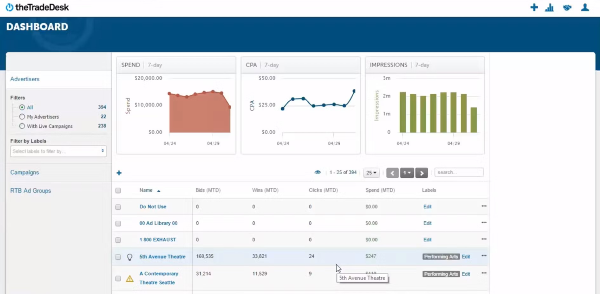
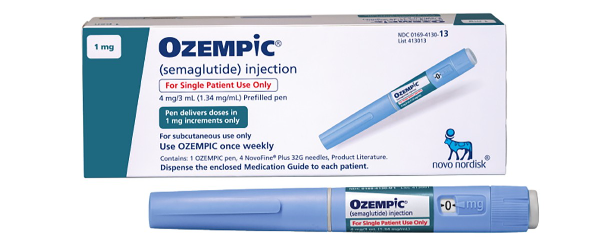





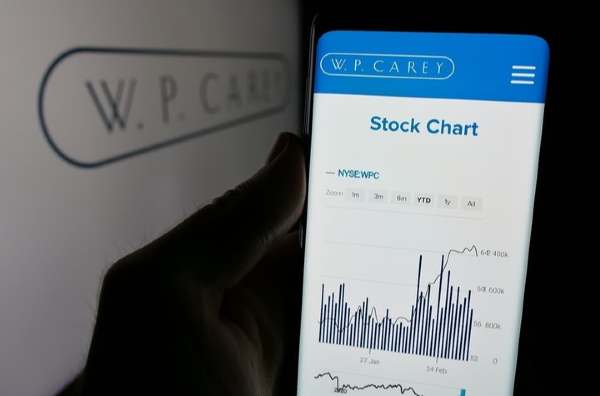

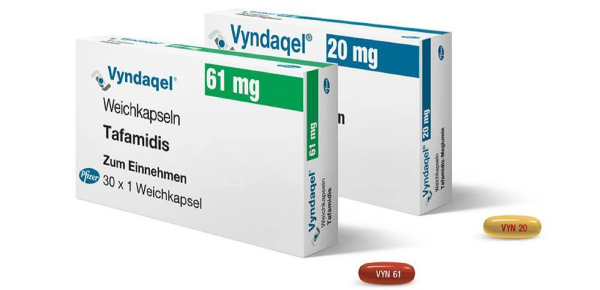








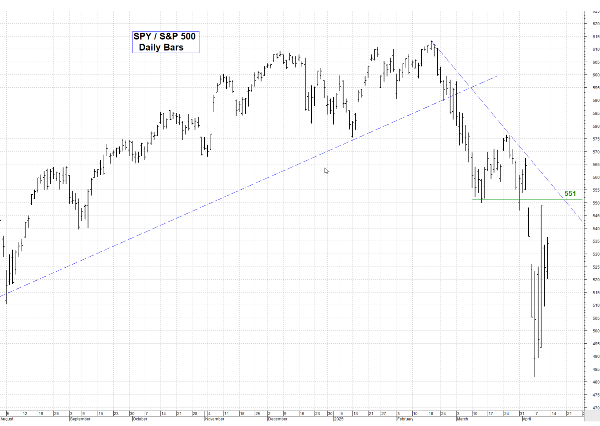
Welcome back, investors and stock enthusiasts! Today, we're diving deep into Home Depot (HD), the go-to retailer for all things home improvement. We'll analyze whether it's a buy, hold, or sell by examining its business model, financials, dividend performance, and valuation. If you're keen on dividend stocks or have others you'd like analyzed, feel free to share them in the comments below. Don’t forget to like and subscribe for more content like this!
Home Depot: How They Make Money
Home Depot has established itself as the premier destination for home improvement products, ranging from appliances to garden supplies, blinds, electrical equipment, and outdoor furniture. Whether you're upgrading your home or tackling DIY repairs, Home Depot caters to homeowners and contractors alike. The company's ability to attract repeat customers—those who regularly shop for home improvement needs—has been a cornerstone of its success.
HD Stock Performance
2025 has started strong for Home Depot, but a closer look at its performance reveals mixed results:
Home Depot’s Financials
Financial stability is crucial, and Home Depot shows strong signs of consistent growth:
Revenue:
Net Income:
Free Cash Flow:
Overall, Home Depot’s financial health is strong, boasting a PE ratio of 27.7, suggesting it is moderately priced.
Key Financial Metrics
Home Depot showcases robust financial metrics that underline its healthy operations:
One caveat is the company’s reliance on leverage, with significant debt of $63 billion compared to only $1.5 billion in cash. While not unusual for the sector, investors should keep an eye on this.
Dividend Performance
Home Depot’s dividend stats further highlight its attractiveness for income investors:
Although the 10-year dividend growth rate (16.95%) exceeds the five-year rate, growth has moderated slightly. Despite this, consistent 10% annual increases make Home Depot a reliable dividend stock.
Valuation Insights
Using Discounted Cash Flow (DCF) and other models, Home Depot appears fairly valued:
Conclusion: Is Home Depot a Buy?
Home Depot offers investors a robust and healthy business model with consistent revenue growth, stable dividends, and reliable free cash flow. However, its net income trends and valuation suggest limited upside potential in the near term. Long-term, Home Depot stands as a dependable option for dividend-focused portfolios and those who believe in the sustained growth of the home improvement sector.
Would you invest in Home Depot, or do you prefer a diversified dividend ETF for higher yields? Share your thoughts below, and let’s discuss!
https://youtu.be/7I75n3aHVrI?si=jlQOluWWzQDpkQFb